- Overview
- Causes, Risks & Prevention
- Symptoms & Types
- Tests & Diagnosis
- Your Cancer Care Team
- Treatment & Side Effects
- Treatment Support
- Living With
- Remission & Recurrence
- Support & Resources
- Appointment Prep
- View Full Guide
Stages of Kidney Cancer

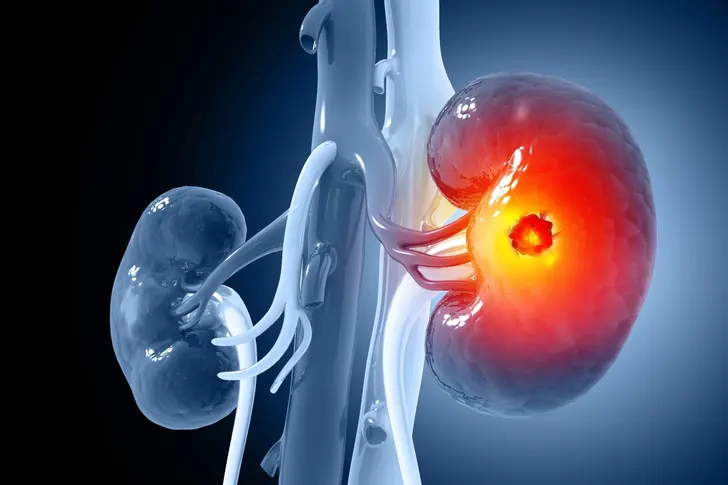
Understanding Kidney Cancer Stages
When you are diagnosed with kidney cancer, your doctor will try to figure out if the cancer has spread to other parts of your body. To do this, they use a process called staging. The results help your doctor come up with a treatment plan.
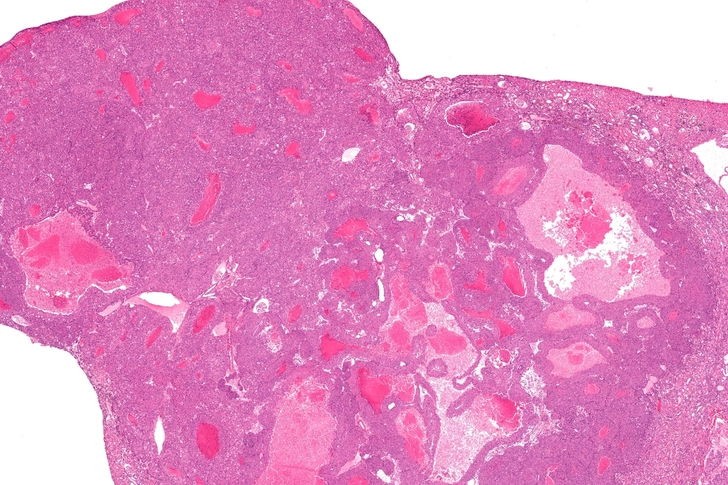
The TNM System
The TNM system for staging looks at three factors. T refers to tumor size and N is for nodes, or lymph nodes, small bundles of white blood cells in your body that protect you from germs. The M stands for metastasis, meaning the cancer has spread to other parts of the body, such as the brain or bones.

Tumor Size Matters
In the TNM system, tumor size is measured in centimeters. Tumors up to 7 centimeters are considered smaller and at an earlier stage, while larger tumors may suggest more advanced stages.
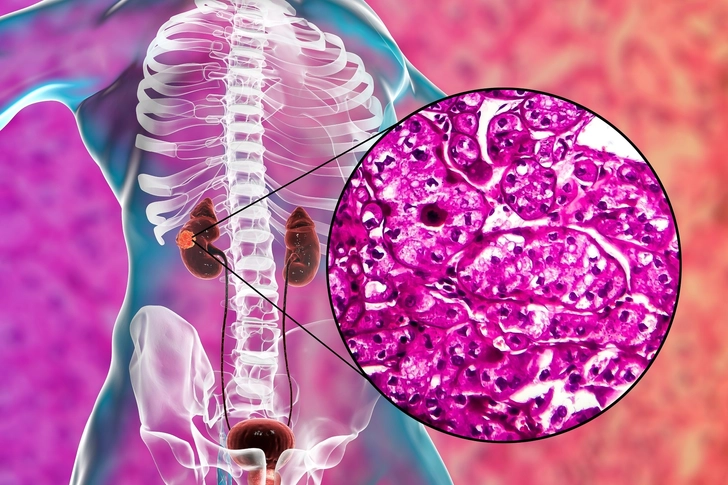
Stage I Kidney Cancer
In Stage I, the tumor is up to 7 centimeters across and has not spread to lymph nodes or other organs. There often are more treatment options at this early stage.
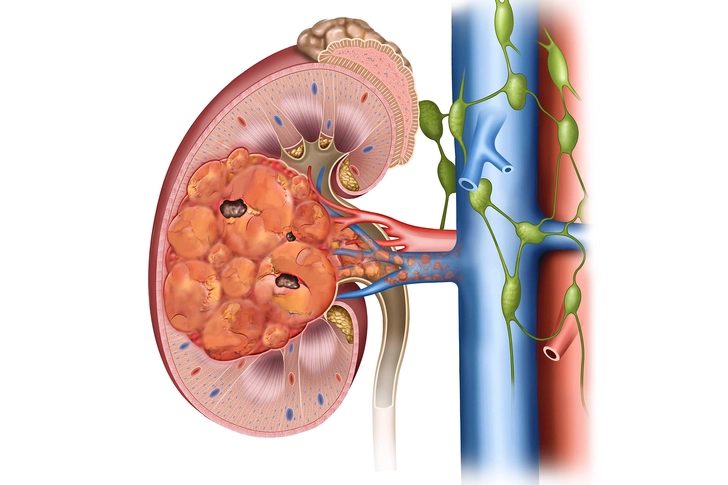
Stage II Kidney Cancer
Stage II involves a tumor larger than 7 centimeters but still hasn't spread to lymph nodes or other organs. This stage may require more aggressive treatment.

Stage III Kidney Cancer
Stage III can involve a combination of tumor sizes and locations. It may also involve spread to nearby lymph nodes but not to distant organs.

Stage IV Kidney Cancer
In Stage IV, cancer has spread to other organs or invaded the adrenal gland or the thin sac around the kidneys. This advanced stage often requires comprehensive treatment strategies.
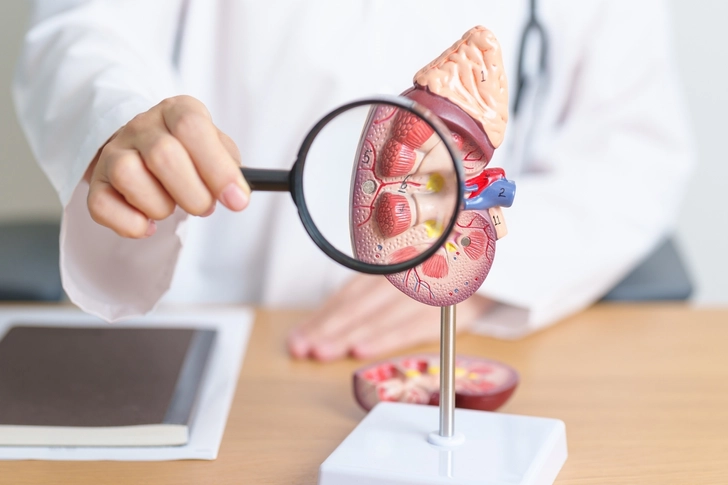
Outlook for Kidney Cancer
How far the cancer has spread also affects the survival rate. If there's no cancer outside your kidney, the survival rate is 93%, but that number is lower if the cancer has spread. However, every person is unique and a number of things – like specific cell type, the stage you were in at diagnosis, and your overall health -- can play a role.
Photo Credits:
1) crystal light/Shutterstock
2) vetpathologist/Shutterstock
3) Shidlovski/Shutterstock
4) Dr_Microbe/Adobe Stock
5) ilusmedical/Shutterstock
6) H_Ko/Shutterstock
7) Jo Panuwat D/Shutterstock
8) Jo Panuwat D/Shutterstock
SOURCES:
American Cancer Society: “Kidney Cancer Stages,” “Survival Rates for Kidney Cancer.”
Mayo Clinic: “Biopsy: Types of biopsy procedures used to diagnose cancer.”
American Society of Clinical Oncology: “Kidney Cancer Guide.”
Urology Care Foundation: “Kidney Cancer.”
Cancer.net: “Kidney Cancer: Statistics.”
Christopher G. Wood, MD, professor of urology, MD Anderson Cancer Center.
National Cancer Institute: "Cancer Stat Facts: Kidney and Renal Pelvis Cancer."